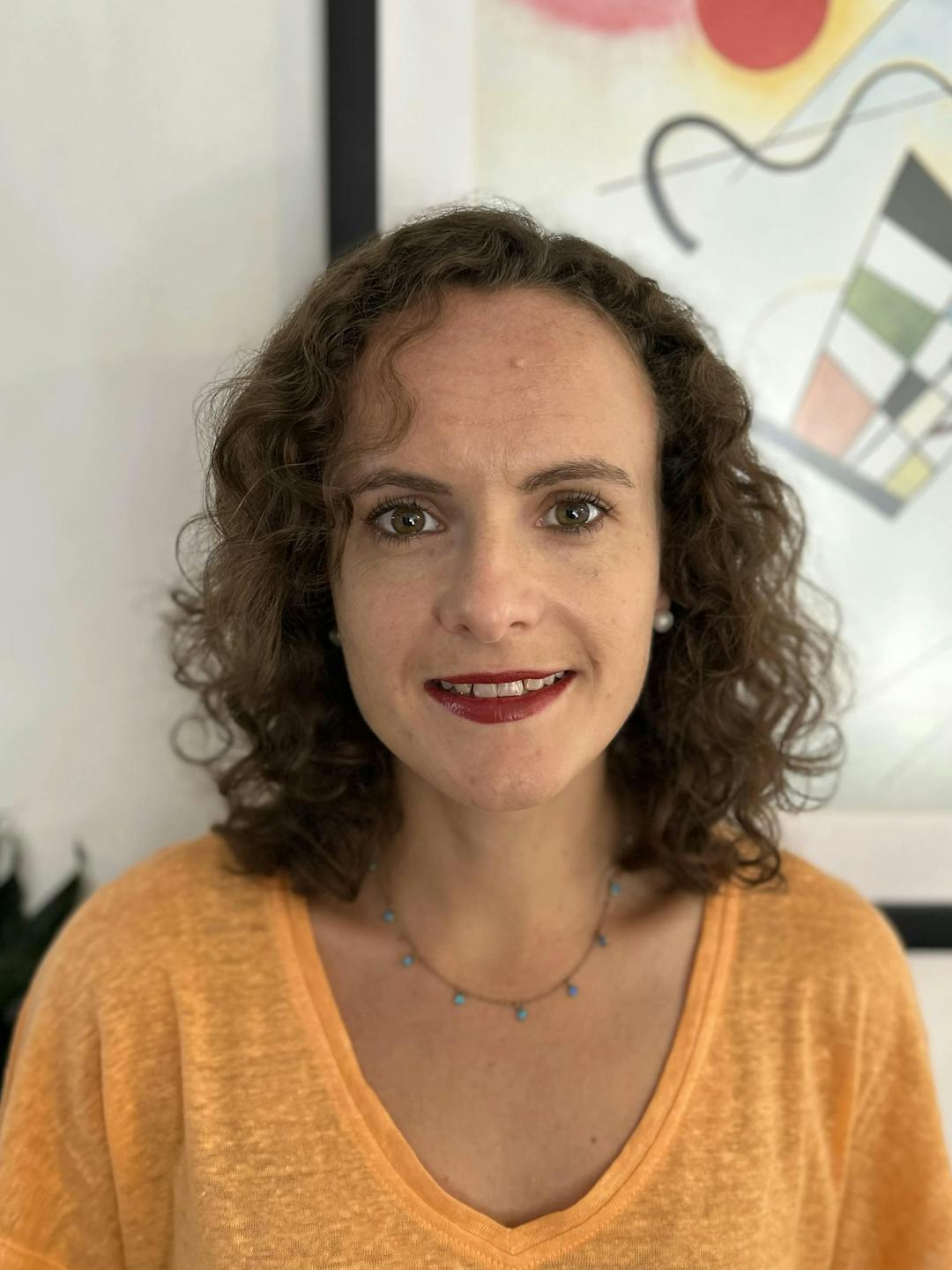Algorithmic Fairness
What is Algorithmic Fairness?
Algorithmic fairness is the principle that algorithms, especially those making decisions that impact people's lives, should operate in a way that is fair, unbiased, and inclusive of different individuals or groups. In AI and machine learning, the datasets used to train algorithms tend to reflect existing societal biases, often related to gender, ethnicity, or socioeconomic background. Whether it’s in healthcare, education, or the workplace, algorithmic fairness is about eliminating such systemic biases.
The Basic Idea
Imagine the following scenario. Aisha, a talented software engineer with years of experience and a proven track record leading high-performing teams, applies for dozens of leadership positions at major tech companies. She holds a degree from a top university, has led multiple successful product launches, and has fantastic references from colleagues who praise her strategic vision and collaborative style.
Weeks go by, but she doesn’t receive a single interview request.
Unbeknownst to Aisha, the companies have been using AI-powered hiring tools to filter applicants. The algorithm, trained on historical hiring data, has learned to favor profiles that resemble the company’s past leadership—predominantly male, from a narrow set of colleges and networks. Aisha’s resume includes references to mentoring programs for women in tech and a leadership award from a diversity initiative. Ironically, these markers of excellence trigger a lower ranking in the algorithm’s eyes. As a result, Aisha’s application is quietly filtered out before a human ever sees it.
While the algorithm wasn’t intentionally trying to discriminate, it was replicating the biases embedded in the data it was fed. Over the years, male candidates from certain backgrounds had been favored by hiring teams, leading to a distinct pattern in desired profiles. By replicating this pattern, the algorithm became a gatekeeper that perpetuated hiring inequality.
Algorithmic fairness is a principle used to assess whether machine learning algorithms operate fairly and if their outcomes are unbiased. That is, to ensure that they don’t unintentionally discriminate against individuals or groups based on characteristics such as race, gender, socioeconomic background, or age.1 In today’s modern society, algorithmic systems increasingly shape the information we’re exposed to and influence our prospects in areas such as employment, education, and finance.2 Algorithmic (un)fairness has also been found to impact child welfare, predictive policing, and online housing marketplaces, prompting urgent conversations about how to prevent injustice in algorithmic systems that influence critical decision-making processes. As such, algorithmic fairness is currently a hot topic for researchers and policymakers alike.9
AI is good at describing the world as it is today with all of its biases, but it does not know how the world should be.
— Joanne Chen, AI and enterprise expert7
About the Author
Dr. Lauren Braithwaite
Dr. Lauren Braithwaite is a Social and Behaviour Change Design and Partnerships consultant working in the international development sector. Lauren has worked with education programmes in Afghanistan, Australia, Mexico, and Rwanda, and from 2017–2019 she was Artistic Director of the Afghan Women’s Orchestra. Lauren earned her PhD in Education and MSc in Musicology from the University of Oxford, and her BA in Music from the University of Cambridge. When she’s not putting pen to paper, Lauren enjoys running marathons and spending time with her two dogs.



















